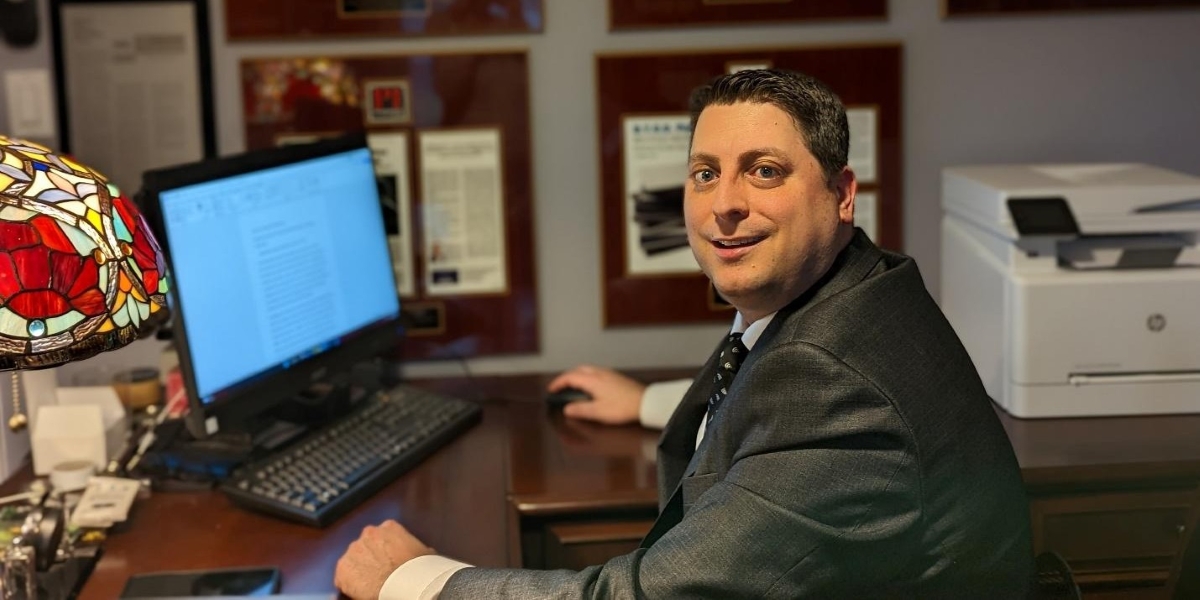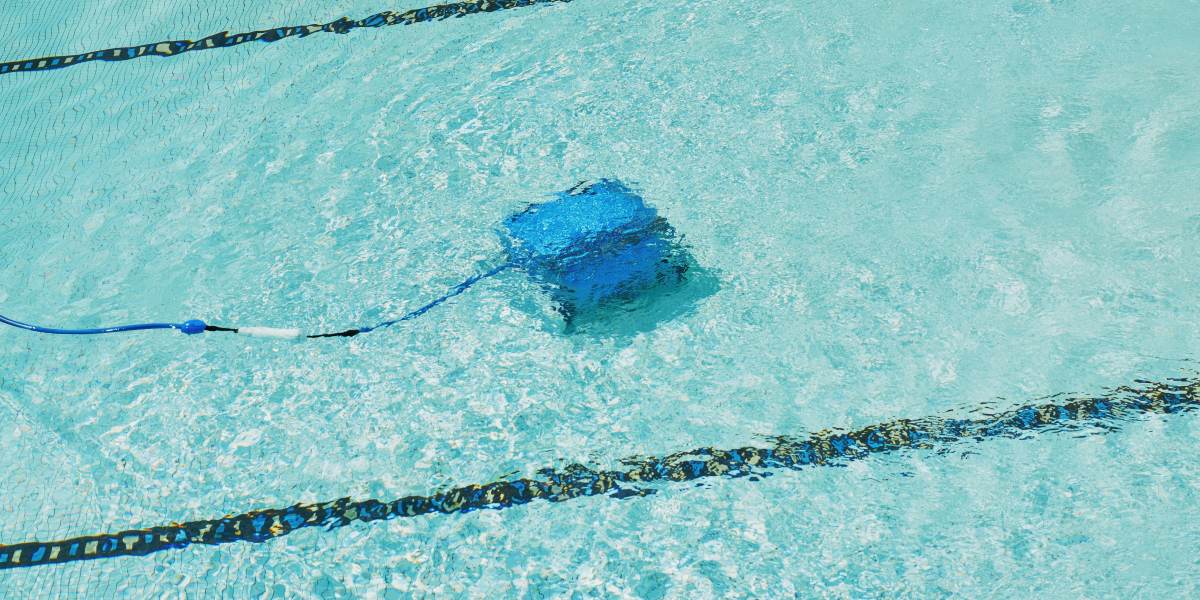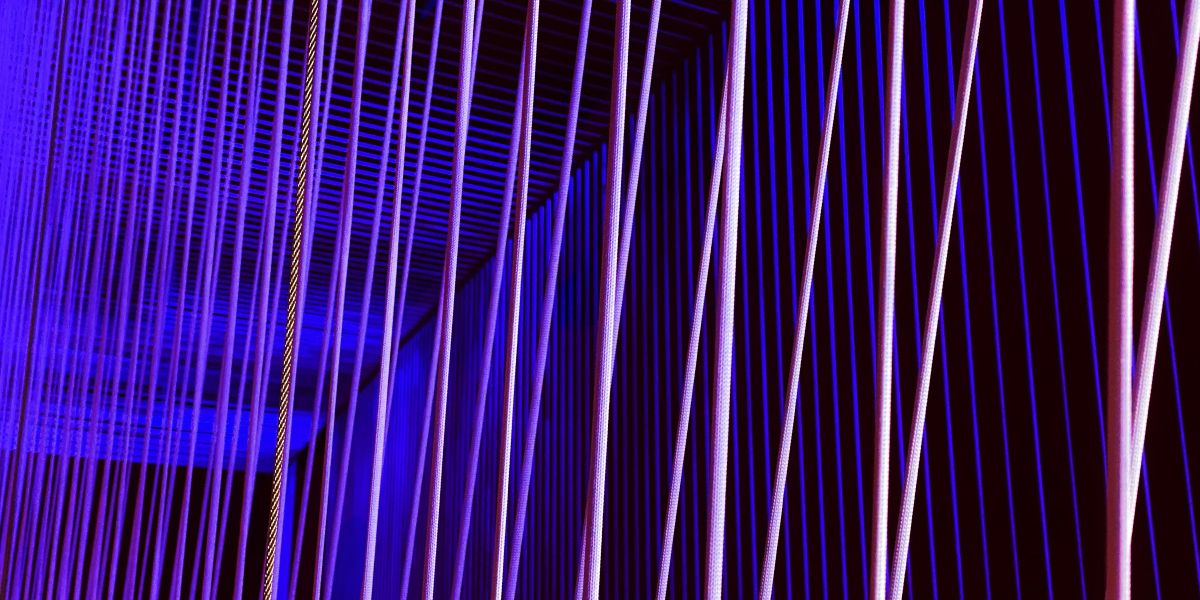Forensic science continues to evolve as the scope of evidence collection and analysis expands. With these developments comes the growing need for educators who can prepare tomorrow’s investigators to handle complex digital data while maintaining rigorous investigative standards. Robert B. Fried is at the forefront of this effort, leveraging his experience in digital forensics, private investigations, cybercrime investigations, and eDiscovery to shape the next generation of forensic professionals.
Fried’s formal journey in forensic science began at the University of New Haven, where he earned both a Bachelor of Science and a Master of Science in Forensic Science. The degrees gave him a firm grounding in evidence-based inquiry and ethical practices, setting the stage for his future roles in digital investigations. Over time, he recognized that rapid technological changes demanded equally adaptive curricula—an awareness that now influences his work as an educator and mentor.
Fried serves as an adjunct faculty member in the M.S. Investigations Graduate Program at the University of New Haven. Fried’s role contributes to curriculum development, ensuring course content reflects current industry practices and addresses the evolving challenges of digital evidence. His experience helps students bridge theoretical concepts with real-world investigative scenarios.
Fried’s commitment to education extends beyond traditional academia. Early in his career, he worked at the National White Collar Crime Center (NW3C), training local, state, and federal law enforcement officers in core aspects of computer forensics. This foundational work evolved into broader industry presentations and collaborations, including his role as a Fellow at the Henry C. Lee Institute of Forensic Science. At the institute, he co-sponsors and co-hosts an annual Symposium on eCrime with Dr. Henry C. Lee, bringing together practitioners, researchers, and legal experts to discuss emerging trends in digital investigations. He has also developed and instructed a Police Officer Standards and Training (POST) accredited course, enhancing the practical skill sets of active law enforcement personnel.
In addition to his teaching roles, Fried is the author of the “Forensic Data Collections 2.0” series, which has become a valuable educational resource for professionals worldwide. These books explain defensible methods for collecting and preserving electronic evidence, offering guidance on important topics, including remote data collection, metadata analysis, and complex eDiscovery procedures. By presenting both technical details and legal considerations, Fried bridges the gap between theoretical knowledge and practices—a key benefit for investigators, attorneys, and others who rely on digital evidence.
Fried’s commitment to knowledge-sharing extends into interviews, speaking engagements, podcast appearances, and contributions to professional training programs. He emphasizes the critical skill of “knowing your audience,” a focus recognized by the Anthony Golec Editor/Publisher Award (2021), presented by the National Association of Legal Investigators (NALI), which he received for an article in their publication, the Legal Investigator, discussing the importance of presenting technical evidence in a clear and concise manner.
His ongoing publications address trends in digital forensics, private investigations, and cybersecurity, underscoring his belief in consistent, high-quality training across these industries. These efforts have garnered recognition from peers and professional organizations, reflecting his influence on understanding and practicing forensic science.
As the demand for digital evidence expertise increases, forensic science programs must continually adapt to incorporate new tools and techniques. Fried remains deeply involved in this evolution, personally giving back to the fields of digital forensics, private investigations, and eDiscovery through ongoing mentorship, research, and writing.
By guiding students and professionals alike—whether in a university classroom, a law enforcement training session, or a professional conference—Fried demonstrates how educators can profoundly shape the future of forensic science. His lasting impact is evident in curricula that meet current investigative needs and in a generation of practitioners who enter the field equipped with the knowledge, ethics, and confidence to navigate a rapidly changing landscape.






